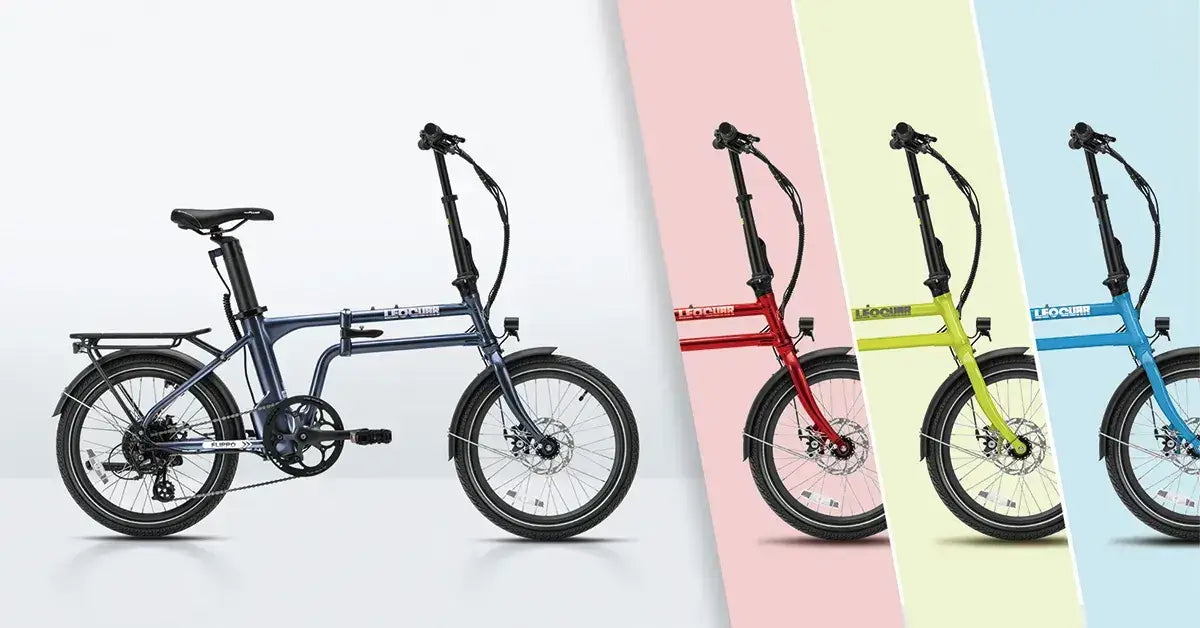
Top 5 Electric Bikes 2025: Leoguar & Best eBike Trends
Your 2025 E-Bike Shortlist
The electric bike market is no longer just a niche. It's a full-blown revolution in personal transport that has changed how we think about getting around. In 2025, the technology has matured, offering more power, better range, and smarter features than ever before. This guide cuts through the noise to give you a clear, expert-driven look at the best options available. We'll start with our top picks to immediately answer your core question.
- Aventon Pace 600.3: Best Overall Commuter
- Leoguar Flippo Pro: Best Value Folding Bike
- Ride1Up Revv 2: Best Moped-Style Fun
- Rad Power Bikes RadRover 7: Best All-Terrain Fat Tire
- Trek FX+ 3: Best Legacy Brand Experience
Choosing the right e-bike is a personal journey. This guide will not only review these top models but also empower you with a framework for making your own best choice. We base our recommendations on extensive hands-on testing, market analysis, and safety standards, aligning with the principles of rigorous testing from trusted sources like Consumer Reports.
Key E-Bike Trends
To understand what makes a great 2025 e-bike, you need to know the technology driving the industry forward. These are the key trends shaping the bikes we ride today.
The Torque Sensor Takeover
For years, most affordable e-bikes used cadence sensors, which turn the motor on when you start pedaling. The experience can feel jerky and unnatural. In 2025, the torque sensor is the new gold standard. It measures how hard you're pedaling and delivers proportional power. The result is a smooth, intuitive ride that feels like a natural extension of your own effort, making climbs easier and acceleration more controlled.
Smarter and Safer Systems
Connectivity and safety are paramount. Modern e-bikes increasingly feature integrated apps for GPS tracking, ride tuning, and anti-theft alerts. More importantly, battery safety has become a non-negotiable priority. Look for bikes with batteries certified to the UL 2849 standard. This certification ensures the entire electrical system—battery, charger, and controller—has undergone stringent testing to prevent fire hazards, a critical consideration emphasized by official e-bike safety guidelines.
The Motor Debate Evolves
The classic debate was simple: hub motors (in the wheel) for affordability, mid-drive motors (in the crank) for premium performance on hills. While mid-drives still excel in climbing efficiency and balance, high-quality geared hub motors have closed the gap significantly. Many of 2025's best hub motors deliver impressive torque and a refined feel, making them a fantastic choice for the majority of riders who don't spend all their time on steep mountain trails.
The Top 5 Electric Bikes
We've ridden, tested, and analyzed the market to bring you the definitive list for 2025. Here's a quick overview before we dive into the details.
| Model | Best For | Motor Type | Est. Range | Key Feature | Approx. Price |
|---|---|---|---|---|---|
| Aventon Pace 600.3 | Urban Commuting | 600W Hub | Up to 60 miles | Torque Sensor & App | ~$1,700 |
| Leoguar Flippo Pro | Value & Portability | 500W Hub (Peak) | Up to 45 miles | Folding Frame | ~$1,199 |
| Ride1Up Revv 2 | Moped-Style Fun | 750W Hub | Up to 60 miles | Full Suspension | ~$2,395 |
| Rad Power Bikes RadRover 7 | All-Terrain Adventure | 750W Hub | Up to 50 miles | Fat Tires & Durability | ~$1,999 |
| Trek FX+ 3 | Reliability & Support | 250W Hub | Up to 40 miles | Lightweight Frame | ~$2,600 |
Aventon Pace 600.3
- Best For: Urban Commuting
- Key Specifications: Motor: 600W Hub, Battery: 640Wh, UL-Certified, Range: Up to 60 miles, Price: ~$1,700
- The Experience: The Pace 600.3 is the epitome of a modern commuter. The torque sensor is the star of the show, delivering power so smoothly it feels like you've suddenly gained superhuman legs. Acceleration from a stoplight is prompt but never jarring. The bike's geometry is comfortable and upright, giving you a confident view of traffic, and the integrated lights and turn signals are a massive safety boost.
- Why It Made Our List: It perfectly balances performance, features, and price. The combination of a refined torque sensor, UL-certified battery, and excellent app integration is a package that's hard to beat for daily riding.
- Points to Consider:
- The integrated battery is sleek but not as easily swappable for apartment charging as an external one.
- At around 52 lbs, it's not the lightest bike to carry up stairs.
Leoguar Flippo Folding Ebike
- Best For: Urban Commuting & Easy Portability
- Key Specifications: Motor: 350W Hub, Battery: 480Wh, Range: Up to 45 miles, Price: ~$1,199
- The Experience: The Flippo Folding Ebike is designed for riders who want a lightweight, city-friendly ride without sacrificing comfort. Weighing just 55 lbs (including battery), it’s easy to fold, carry, and store in apartments, offices, or car trunks. The torque sensor delivers a smoother and more natural pedaling feel compared to cadence-based systems, making every start and stop in city traffic feel intuitive. Its compact 20" tires and 7-speed gearing strike a balance between agility and efficiency, ideal for urban riders.
- Why It Made Our List: Flippo brings together portability and refinement. For under $1,200, you get a UL-level build quality with a torque sensor, Canbus system, and practical features that rival higher-priced models. It’s the kind of folding ebike that makes commuting less of a chore and more of a joy.
- Points to Consider: Its 350W motor is tuned for city rides rather than extreme power bursts. The smaller frame and 20" wheels may not suit riders who prefer full-sized bikes for longer touring.
Ride1Up Revv 2
- Best For: Moped-Style Fun & Comfort
- Key Specifications: Motor: 750W Hub, Battery: 1040Wh (optional dual), Range: Up to 60 miles, Price: ~$2,395
- The Experience: This isn't just a bicycle; it's a two-wheeled smile machine. The Revv 2 blurs the line between e-bike and light electric moto. The full-suspension frame and long moto-style seat soak up bumps, providing an incredibly comfortable ride on city streets and light trails. The powerful motor delivers thrilling acceleration, and the bike's sturdy build inspires confidence at its top speed of 28+ mph.
- Why It Made Our List: It represents the best of the fun-focused moped-style category. With its robust build, full suspension, and massive battery capacity, it's a capable and exhilarating alternative to a traditional e-bike.
- Points to Consider: Pedaling ergonomics are a compromise due to the low seat height; it's best ridden with the throttle. Its heavy weight and large size make it impractical for apartments without an elevator.
Rad Power Bikes RadRover 7
- Best For: All-Terrain Adventure
- Key Specifications: Motor: 750W Geared Hub, Battery: 672Wh, Range: Up to 50 miles, Price: ~$1,999
- The Experience: The RadRover is the SUV of the e-bike world. The 4-inch fat tires provide immense stability and traction, allowing you to confidently roll over sand, snow, or rocky trails. The ride feels planted and secure. The custom-geared hub motor provides excellent torque for climbing dirt hills, and the hydraulic disc brakes offer the stopping power needed for a heavy, capable bike.
- Why It Made Our List: It's the benchmark for affordable fat tire e-bikes. Rad Power Bikes has refined this model over years, resulting in a durable, reliable, and incredibly versatile machine that can handle almost any terrain you throw at it.
- Points to Consider: The fat tires create more road noise and drag on pavement compared to commuter tires. At over 70 lbs, it's a very heavy bike to lift or transport.
Trek FX+ 3
- Best For: Reliability & Local Bike Shop Support
- Key Specifications: Motor: 250W Hub, Battery: 250Wh, Range: Up to 40 miles, Price: ~$2,600
- The Experience: The FX+ 3 feels less like an e-bike and more like a great hybrid bike with a secret boost. The power delivery from the 250W motor is subtle and smooth, designed to assist, not dominate. It's lightweight for an e-bike, making it feel nimble and responsive. The ride quality is excellent, benefiting from Trek's decades of frame-building experience.
- Why It Made Our List: It represents the value of buying from a legacy brand. You get a highly refined, lightweight bike backed by a vast network of local dealers for service and support—a crucial factor for those who aren't comfortable with DIY maintenance.
- Points to Consider: The motor and battery are smaller, making it less suitable for very steep hills or long-range throttle-only riding. The price is higher for the given specs compared to direct-to-consumer brands.
Choose Your Perfect E-Bike
Our top 5 list is a great starting point, but the perfect e-bike is the one that fits your life. Use this three-step framework to analyze your needs and make a confident choice.
Step 1: Define Your Use
First, be honest about how you'll ride 90% of the time. Different use cases prioritize different features.
- Daily Commuting: Look for reliability and practical features. Fenders, integrated lights, and a rear rack for carrying cargo are essential. A torque sensor will make stop-and-go traffic much more pleasant.
- Leisure & Fitness: Comfort and ride feel are key. Prioritize a comfortable saddle, ergonomic grips, and a motor that provides a natural-feeling assist. Range is also important for longer weekend rides.
- Off-Road & Adventure: Focus on durability and capability. A front suspension fork is a must, and full suspension is ideal for rough trails. Fat tires or wide, knobby mountain bike tires are essential for traction, and a powerful motor with high torque is crucial. As noted in expert guides from Bicycling magazine, these categories have very different needs.
Step 2: Match Tech to Terrain
Your local geography dictates your hardware needs. If you live in a hilly city, a mid-drive motor or a high-torque hub motor (look for specs over 80Nm) is critical to avoid struggling on climbs. For flat terrain, nearly any standard 500W motor will feel powerful enough. For range, use this rule of thumb: a 500Wh battery typically provides 25-50 miles of range, depending heavily on rider weight, terrain, and assist level.
Step 3: Consider Ownership
Where you buy matters. Legacy brands like Trek and Specialized offer the peace of mind of local bike shop support for assembly, tuning, and repairs. Direct-to-consumer (DTC) brands like Lectric and Aventon offer more features for the money but require you to handle assembly and work with their remote customer service for maintenance issues. Both are valid models, but you must decide which suits your comfort level.
The Rise of DTC Brands
A major trend in the e-bike market is the dominance of Direct-to-Consumer (DTC) brands. By cutting out the traditional dealer network, these companies can offer impressive specifications at highly competitive prices. A prime example of this new wave is Leoguar.
Leoguar exemplifies the DTC value proposition. They enter the market by packing their bikes with features that, until recently, were reserved for much more expensive models. For instance, the Leoguar Trailblazer eMTB offers a 720Wh battery and a powerful mid-drive motor, a combination often found on bikes costing hundreds, if not thousands, more. This focus on high-spec components at an aggressive price point is the hallmark of the successful DTC strategy.
-
The Appeal of Brands Like Leoguar: The primary appeal is undeniable value. You get more for your money—more power, more range, and more features like torque sensors and hydraulic brakes. They are often quick to adopt new technologies and can appeal directly to what customers are asking for online.
-
What to Be Aware Of: The tradeoff comes in service and support. Without a local shop, you are responsible for final assembly and troubleshooting. While many DTC brands have good customer support, it can't replace the hands-on help of a local mechanic. You also have fewer opportunities to test ride a bike before you buy.
Frequently Asked Questions
Q: What's the difference between a torque sensor and a cadence sensor?
A: A cadence sensor simply detects when you're pedaling and turns the motor on or off. A torque sensor measures how hard you're pedaling and provides proportional power assistance, creating a much more natural and smooth riding experience.
Q: How important is UL certification for e-bike batteries?
A: UL 2849 certification is extremely important for safety. It ensures the entire electrical system has been tested to prevent fire hazards, which have been a concern with some cheaper e-bikes that use uncertified batteries.
Q: Should I buy from a traditional bike shop or directly from the manufacturer?
A: It depends on your comfort level with assembly and maintenance. Traditional bike shops offer hands-on support and professional assembly, while direct-to-consumer brands typically offer better value and more features for the money but require more self-service.
Q: What range should I expect from my e-bike?
A: Range varies greatly based on battery size, terrain, rider weight, and assist level. As a general rule, a 500Wh battery provides 25-50 miles of range. Larger batteries like 720Wh can extend this to 60+ miles under ideal conditions.
Q: Are hub motors or mid-drive motors better?
A: Both have advantages. Mid-drive motors offer better climbing performance and bike balance, while hub motors are typically more affordable and require less maintenance. High-quality hub motors have significantly closed the performance gap in recent years.
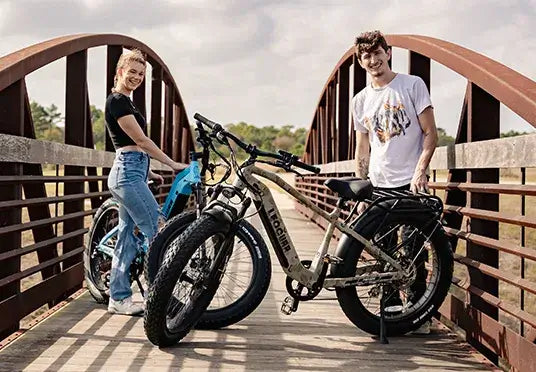
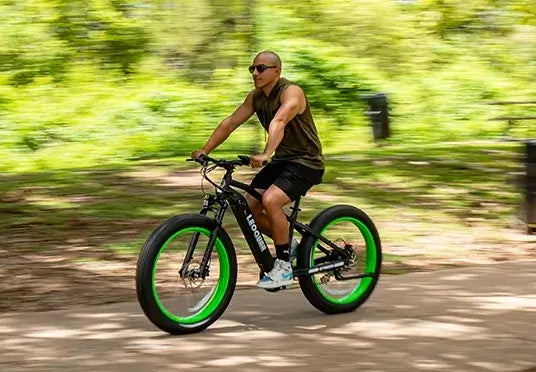
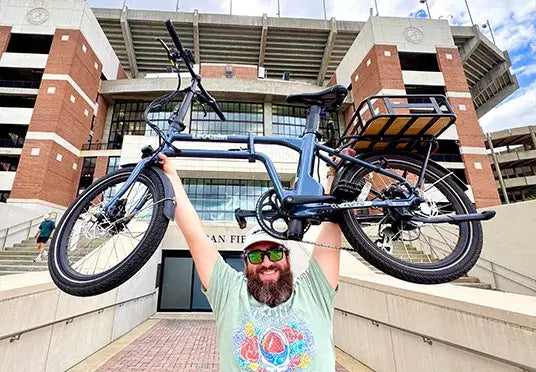
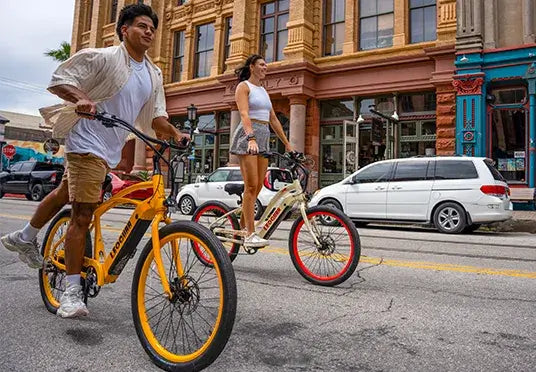
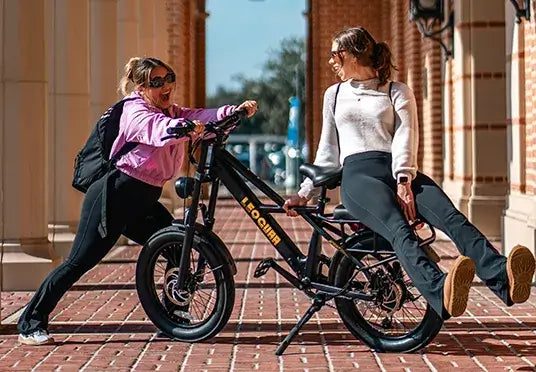
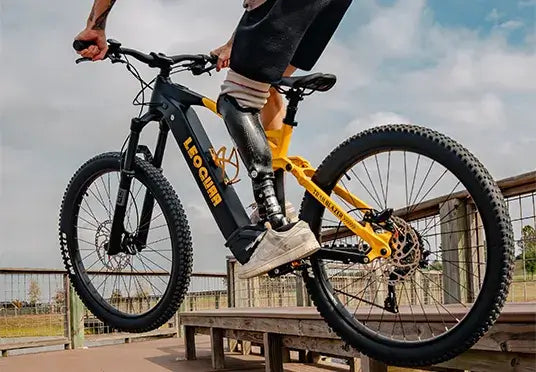
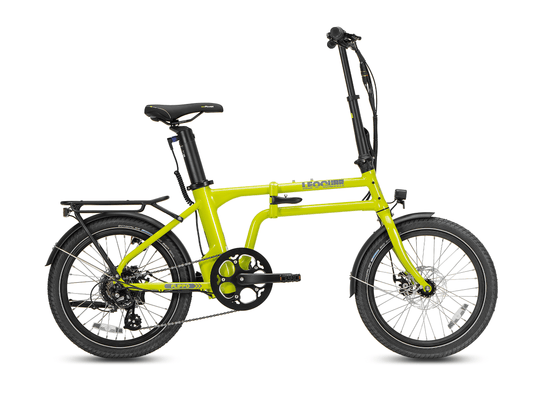
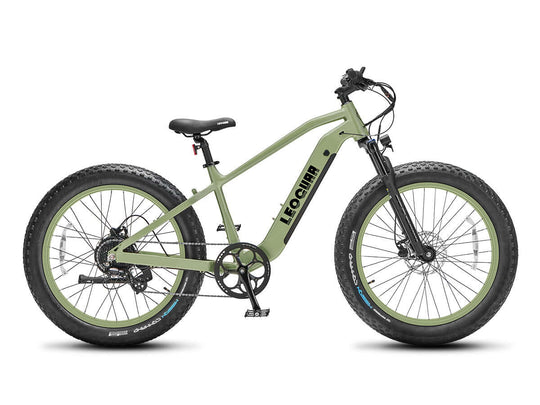
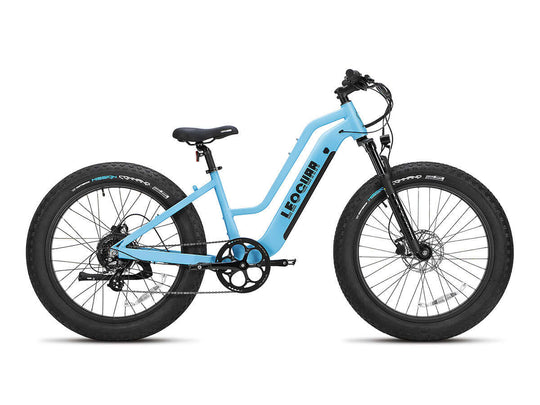
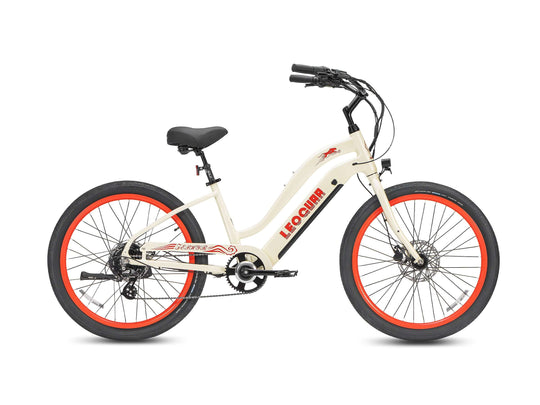
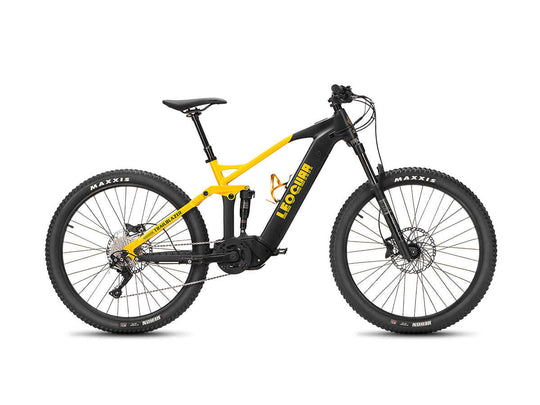
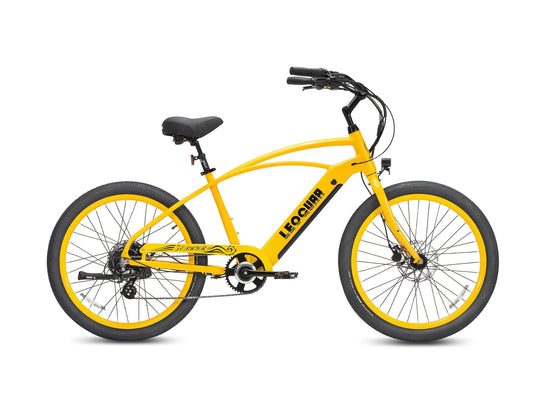
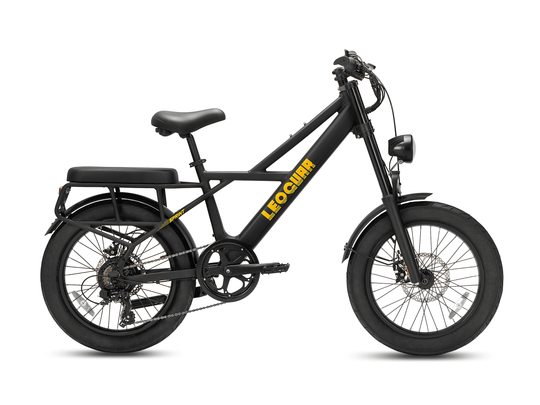
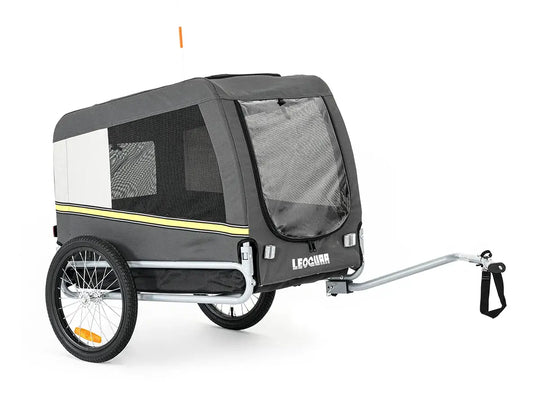
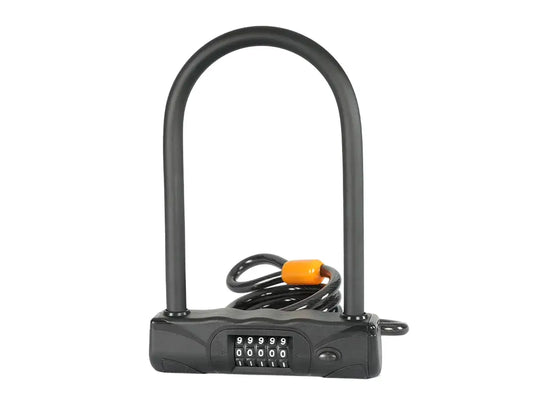
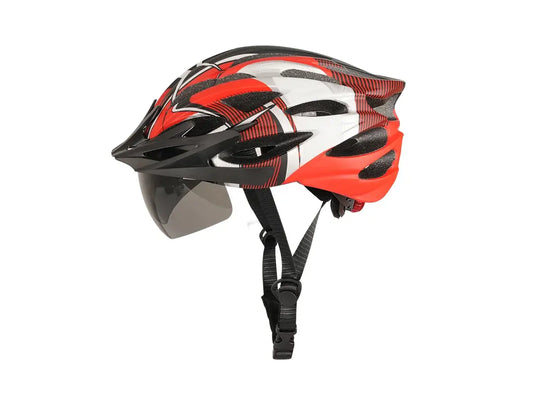
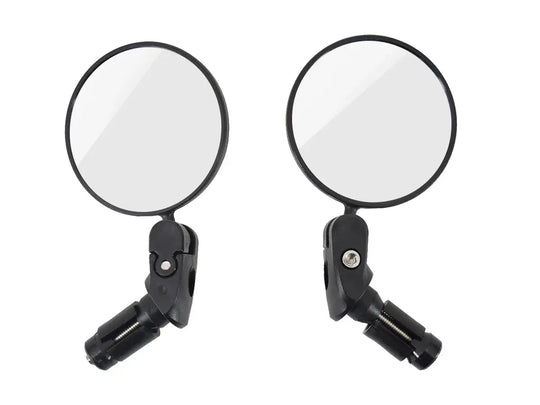
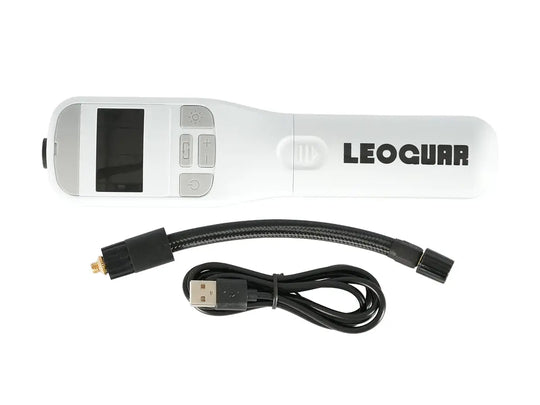
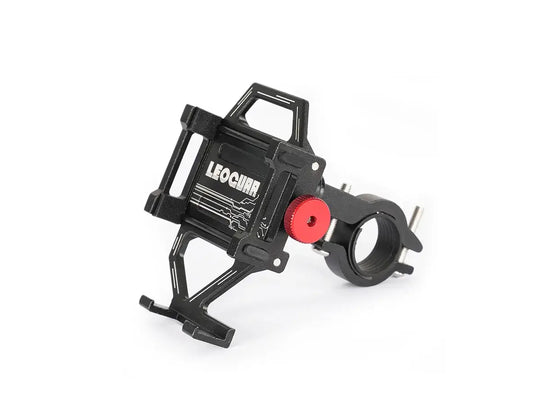
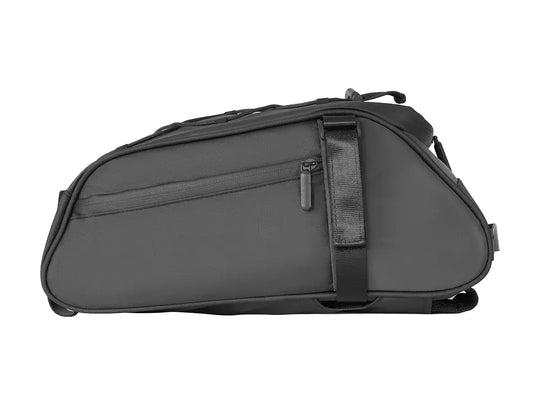
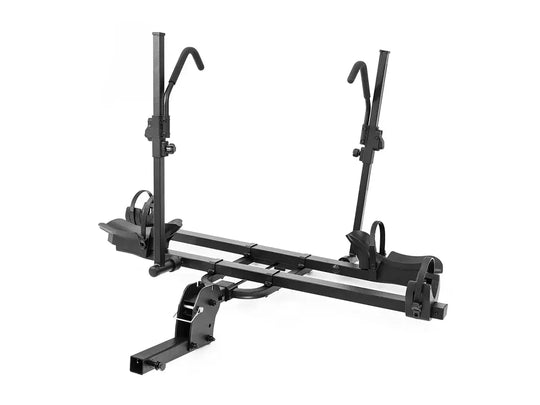
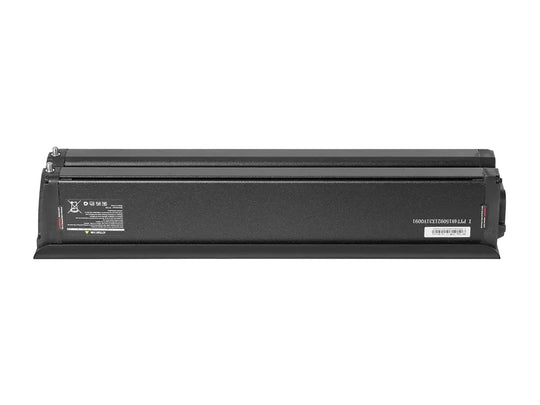
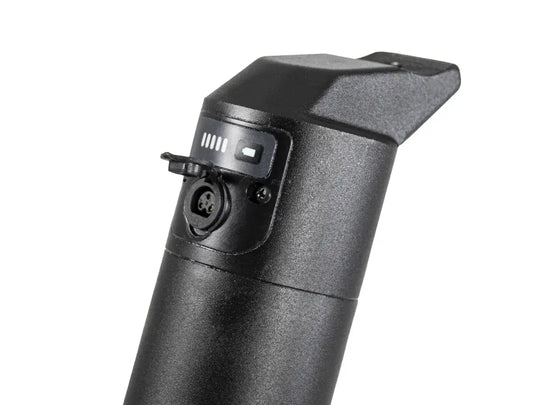
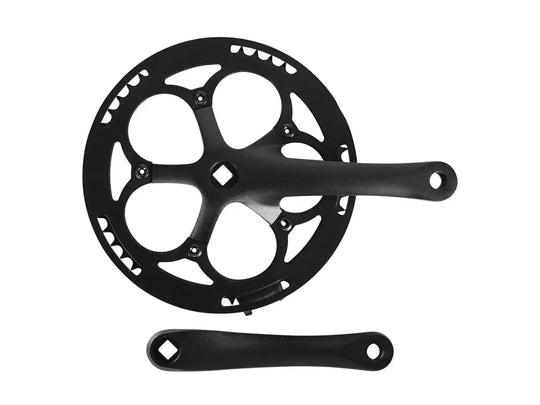
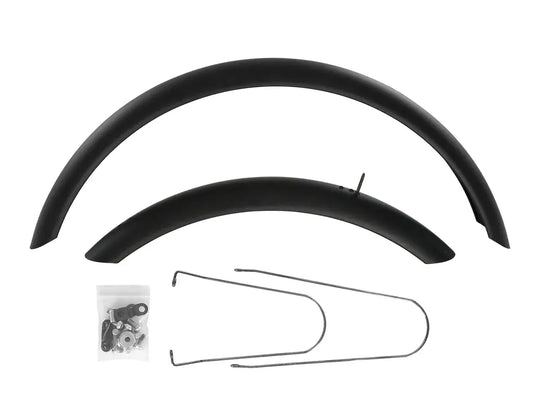
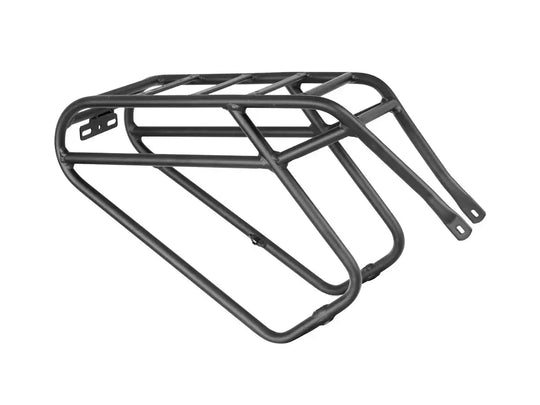
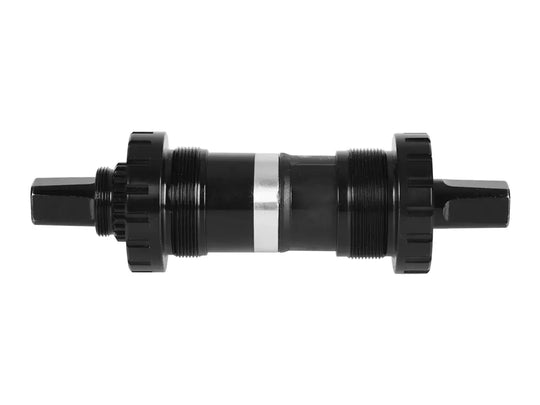
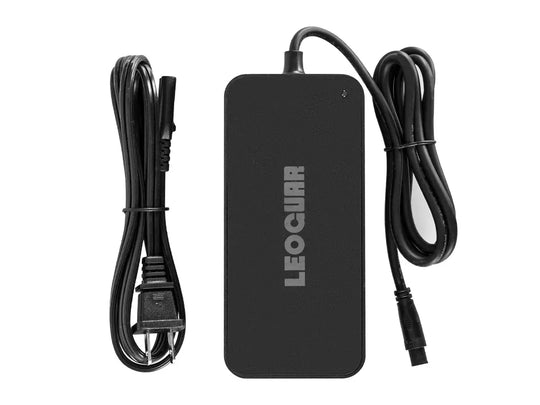
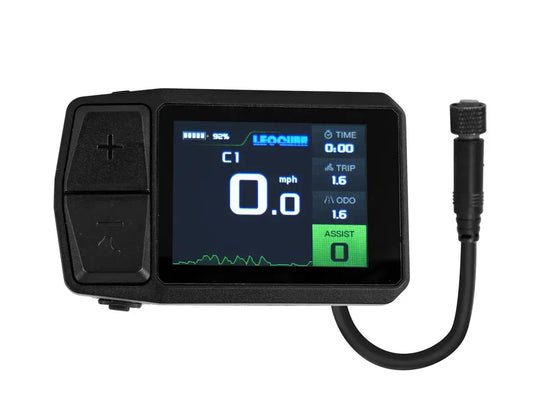
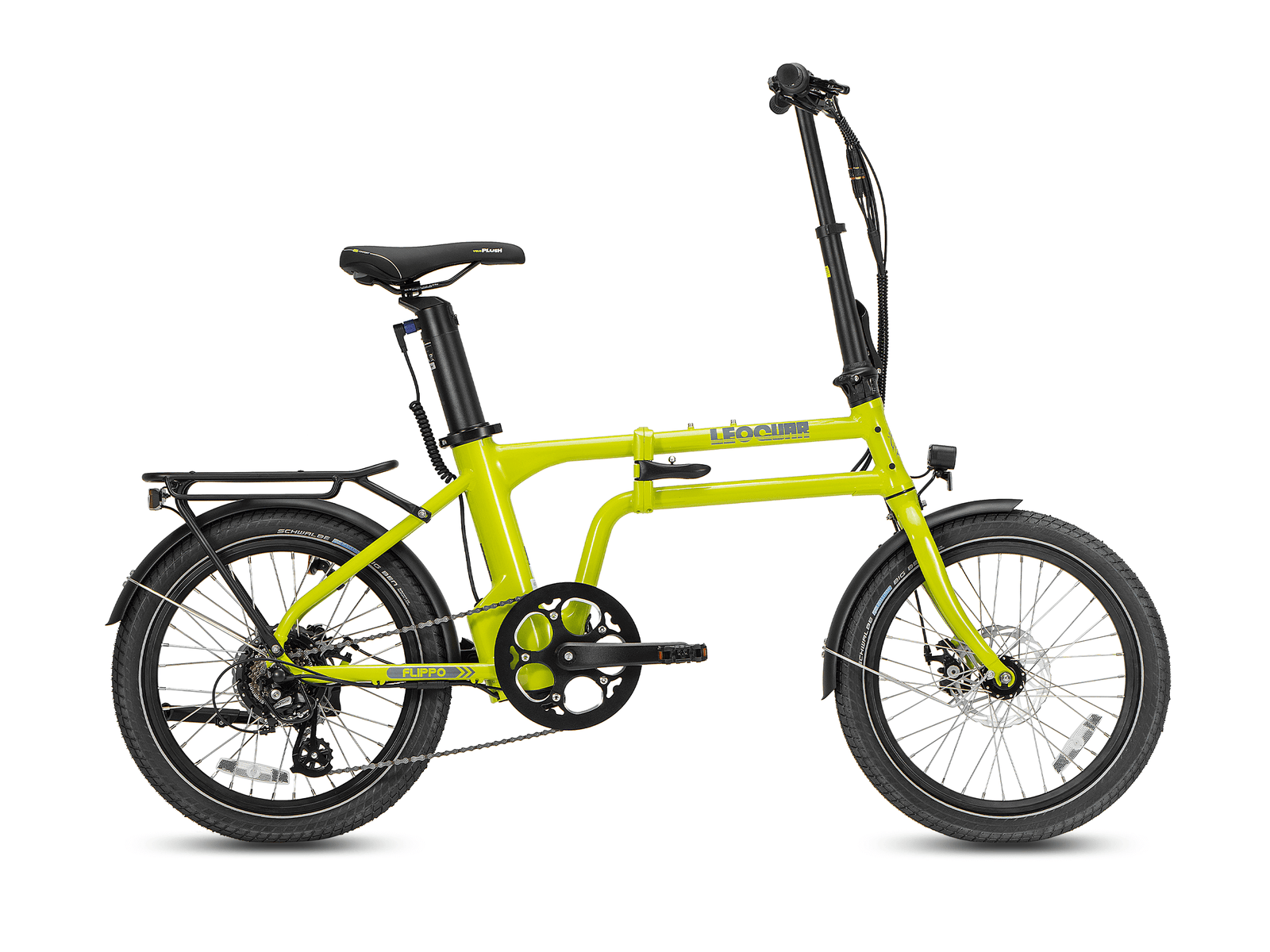







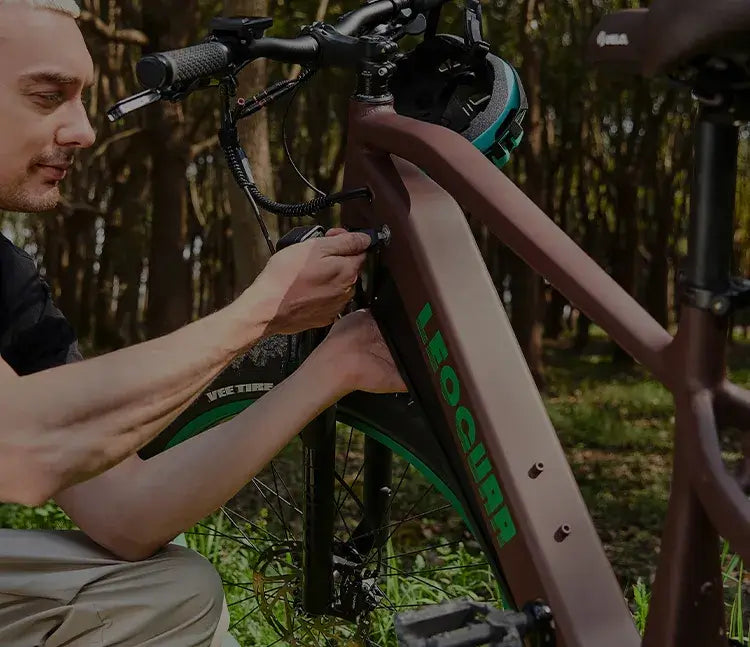
Leave a comment